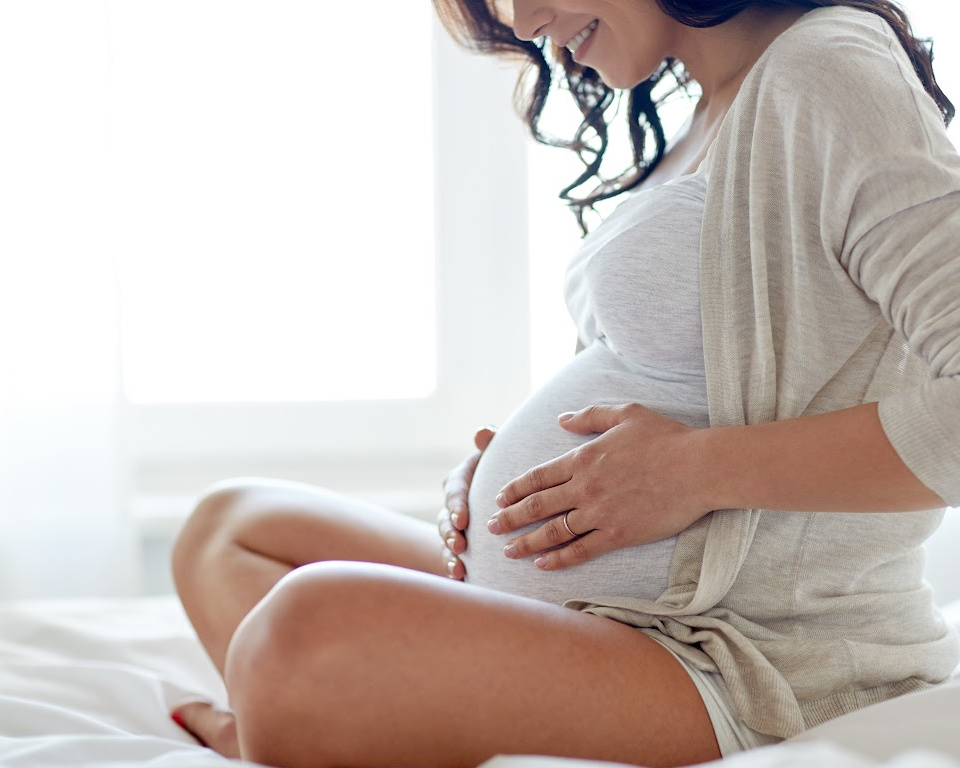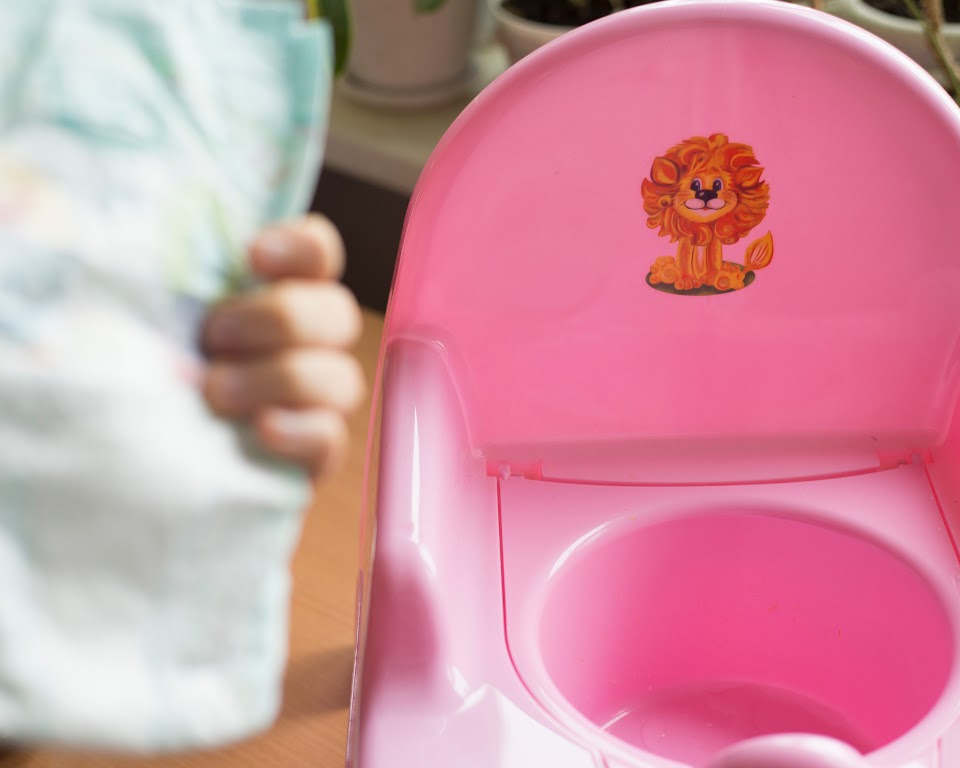Understanding how to communicate with a nonverbal autistic child is a challenge many parents, caregivers,…

Does Drinking During Pregnancy Cause Autism?
The query of whether drinking during pregnancy cause autism continues to provoke debate and thorough investigation within the medical community. Autism spectrum disorder (ASD) manifests through varied social and communication challenges, coupled with repetitive behaviors that significantly impact individuals and their families. While the root causes of autism include an intricate web of genetic and environmental factors, the potential role of prenatal alcohol exposure and autism risk cannot be dismissed without careful scrutiny.
Research delves into the complexities of ASD, attempting to untangle the web that connects alcohol consumption and autism. The scientific odyssey probes the relationship between autism spectrum disorder and maternal alcohol use, recognizing that although the association appears murky, the implications are too significant to ignore. This fuels the pursuit of clarity on how maternal habits during pregnancy affect the likelihood of autism in children.
Amidst conflicting reports and varying findings, it is crucial for expectant mothers and healthcare providers to understand and respond to the available evidence. By dissecting current research and exploring the subtleties of this matter, we aim to provide insightful guidance and support to those navigating the journey of pregnancy.
Key Takeaways
- Autism spectrum disorder features diverse social, communicative, and behavioral expressions.
- The connection between maternal alcohol use during pregnancy and autism in children is intricate.
- Evidence signals behavioral outcomes in children may be influenced by prenatal alcohol exposure similar to those seen in ASD.
- No unequivocal statistical correlation has been confirmed between varying levels of maternal alcohol consumption and the risk of developing ASD.
- Universal medical advice persists in recommending the avoidance of alcohol during pregnancy to prevent potential harm to fetal development.
Understanding the Impact of Alcohol on Fetal Development
The consequences of maternal alcohol consumption on fetal development are significant and can lead to a range of developmental disorders, including Fetal Alcohol Spectrum Disorders (FASD) and potentially, autism spectrum disorder (ASD). As research unfolds, the intricate connections between fetal alcohol syndrome and autism are scrutinized by the medical community.
Prenatal alcohol exposure is the leading preventable cause of birth defects and neurodevelopmental abnormalities in the United States. When pregnant women consume alcohol, it directly affects the fetus, leading to conditions under the FASD umbrella, which range from mild to severe. Among these, Fetal Alcohol Syndrome (FAS) is the most severe form, characterized by:
- Growth deficiency
- Facial anomalies
- Neurodevelopmental disorders
- Behavioral problems
Studies suggest that even moderate alcohol consumption during pregnancy can lead to anxiety-like behaviors in children and may alter the structure of brain regions like the basolateral amygdala, which is critical for emotional processing. The effects of alcohol on fetal development are profound and extend well beyond birth, potentially affecting an individual’s entire life trajectory.
Exploring the link between FASD and autism reveals overlapping behavioral patterns and challenges. While fetal alcohol spectrum disorder and autism are distinct conditions, they share common features such as social and communication difficulties as well as repetitive behaviors. However, pinpointing a direct causal relationship between prenatal alcohol exposure and autism is complex and necessitates further scientific investigation.
The consensus among health professionals is clear: pregnant women are advised to abstain from alcohol to avoid these well-documented risks. Despite an ongoing discourse on the relationship between fetal alcohol syndrome and autism, the overarching message remains to prioritize the health and development of the unborn child.

Does Drinking During Pregnancy Cause Autism?
Probing the mysteries of autism spectrum disorder (ASD) presents numerous complexities, particularly when examining the potential etiological role of prenatal environmental factors. Among the myriad of influences under scientific scrutiny, the link between drinking and autism elicits substantial concern for expecting mothers. The nuances of research into maternal alcohol use and its potential impact on the incidence of ASD paint an indistinct yet cautionary picture.
Examining the Evidence from Recent Studies
Recent investigations into maternal drinking and autism in children offer a patchwork of data. Some epidemiological investigations draw potential connections between prenatal alcohol exposure and autism risk, yet these associations often waver under the weight of potential confounders and the challenge of proving causation. The inconsistencies inherent in these population-based studies necessitate further inquiry to discern the veritable influence, if any, of maternal drinking on the neurodevelopmental pathways leading to autism.
Assessing the Risks: Low to Moderate Alcohol Consumption
The question of risk vis-à-vis light to moderate alcohol intake during pregnancy persists in the scientific debate. While heavy drinking presents clear dangers, the subtler shades of risk associated with lower levels of consumption remain difficult to quantify. A meticulous dissection of the available literature has yet to yield a consensus on the magnitude of danger such alcohol consumption may pose to the developmental integrity of the unborn child at these lesser thresholds.
Alcohol’s Influence on Neurodevelopment and Autism Spectrum Disorder
Distilling the precise biochemical impacts of alcohol on the susceptible neural architecture within the womb, experts continue to unravel how these exposures might relate to the spectrum of outcomes observed in ASD. Despite lacking a smoking gun linking alcohol to ASD conclusively, the profundity of alcohol’s capacity to interrupt the delicate orchestration of fetal brain formation warrants a conservative stance. Given the intertwined relationship between effects of alcohol on fetal development and the varied presentations of autism spectrum disorder, a policy of abstinence from maternal alcohol use during pregnancy emerges as the prudent path.
Conclusion
The quest to fully understand the potential impacts of alcohol consumption and autism continues to challenge the medical and scientific communities. Despite some studies hinting at a connection between prenatal alcohol exposure and an increased autism risk, the body of evidence remains inconsistent and inconclusive. The intricacies of establishing a direct link are compounded by the myriad of genetic and environmental factors that could potentially influence the emergence of autism spectrum disorders (ASD).
It is broadly acknowledged that effects of alcohol on fetal development can be detrimental, influencing the steadfast recommendation that expectant mothers abstain from alcohol during pregnancy. This conservative stance is backed by a consensus within the healthcare community aimed at safeguarding against a range of developmental impairments. As we look forward, it is imperative that further research examines the nuanced relationship between alcohol consumption during gestation and the potential onset of autism in children.
Such knowledge is key not merely for academic insight but for its real-world application empowering physicians, prospective parents, and society as a whole to make well-informed decisions. Until more definitive findings are available, prudence dictates the support of preventative health guidance, prioritizing the well-being of future generations.
FAQs
Can drinking during pregnancy cause autism in children?
Current research provides a mixed picture regarding the connection between maternal alcohol consumption during pregnancy and the risk of autism in children. Some studies suggest a potential link, particularly with heavy alcohol use, while others find no significant statistical association. However, health experts agree that because alcohol is known to affect fetal development, avoiding it during pregnancy is the safest option.
What are the effects of alcohol on fetal development?
Alcohol can severely impact fetal development, leading to a spectrum of conditions known as Fetal Alcohol Spectrum Disorders (FASD). This includes Fetal Alcohol Syndrome (FAS), characterized by physical abnormalities, and cognitive and behavioral problems. Prenatal alcohol exposure can also result in other neurodevelopmental issues that may affect the child’s mental health and behavior throughout life.
Is there a link between drinking during pregnancy and an increased risk of autism?
There is no definitive answer yet. Some research suggests there may be a risk, particularly with higher levels of alcohol consumption, but the evidence is not conclusive. Until more definitive research is available, health experts recommend refraining from alcohol during pregnancy to minimize any potential risks.
How does low to moderate alcohol consumption during pregnancy relate to autism risk?
The effects of low to moderate alcohol consumption during pregnancy on autism risk are unclear. Some evidence indicates that even mild to moderate prenatal alcohol exposure could result in adverse neurodevelopmental outcomes for the child, but the direct causal link to autism remains unproven.
Can alcohol influence the development of autism spectrum disorder through neurodevelopmental disruptions?
Alcohol can disrupt fetal brain development, which may lead to behavioral and cognitive difficulties commonly associated with autism spectrum disorder. While a direct causal relationship between alcohol consumption during pregnancy and autism is not firmly established, prenatal alcohol exposure is considered a risk factor for neurodevelopmental disruptions.
What do health experts recommend regarding alcohol consumption during pregnancy?
Health experts universally advise against the consumption of alcohol during pregnancy. This recommendation is due to the known risks of alcohol to fetal development, which can lead to physical, cognitive, and behavioral challenges for the child.



This Post Has 0 Comments